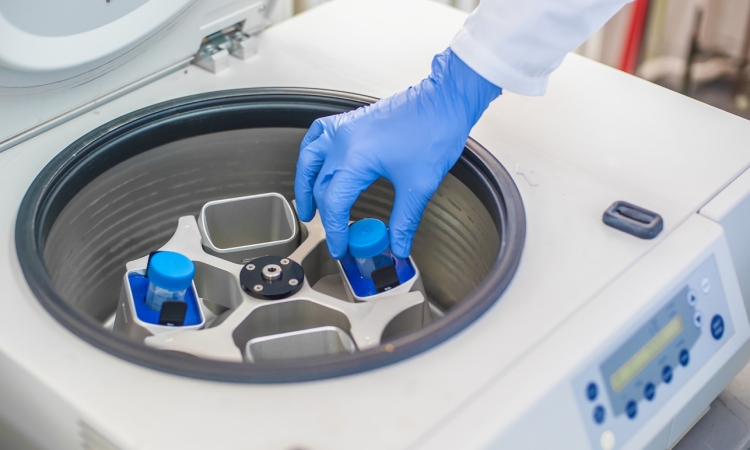By Matt Logan, Senior Account Executive, JK Commercial Services
Whether you’re fully equipping a new lab or replacing existing gear, investing in lab equipment requires careful decision-making. Beyond just the cost, you need to consider factors like preferred vendors, warranty or service contracts, and whether to buy new or used equipment. Here are key things every lab manager should keep in mind before making a purchase.
Before you buy lab equipment
Make a list
Good planning is essential when buying lab equipment. Start by consulting the teams who will use the equipment to get a clear understanding of their needs. Once you have a detailed list:
- Identify specific brands, models, or features that are non-negotiable.
- Prioritize items based on necessity and budget constraints.
- Ensure the list reflects the lab’s current and future needs.
With this list in hand, you’re ready to start the buying process.
Review vendor options
Decide whether you want to buy new equipment directly from a manufacturer or consider third-party suppliers and online auction sites that offer both new and used options. Ask your peers for recommendations and consider your own past experiences with vendors. Remember, some manufacturers also sell used, demo, or discontinued models at reduced prices, which could meet your budget needs while allowing you to work directly with the company.
Research costs
Like buying a car, purchasing lab equipment requires thorough research. Check if the listed price includes service charges and if warranty or service contracts are offered. Also, consider the ongoing costs of using the equipment, such as replacement parts. Sometimes, buying a discontinued or used piece of equipment may seem cheaper upfront but could end up costing more in the long run due to maintenance challenges. Set a budget and stick to it while exploring your options.
Final steps to successfully buy laboratory equipment
Evaluate new vs. used
After doing your research, decide whether buying used lab equipment is a viable option. If it is, make sure to:
- Ask about the history and condition of each instrument.
- Review maintenance logs.
- Ensure the equipment is fully functional before purchasing.
Inquire about demos and training
It’s crucial to test lab equipment to ensure it meets your needs and is easy to use. Asking for a demonstration also helps you assess whether the vendor is knowledgeable and reliable. Find out what type of training is provided as well. Some manufacturers offer onsite training, while others may provide online tools or instruction manuals.
Negotiate price and service contacts
Lab equipment prices are often negotiable. When negotiating:
- Collect quotes from several vendors (at least three competitive bids).
- Compare rates and services.
- Negotiate for better prices, service contracts, or longer warranties.
Making informed lab equipment purchases
Purchasing lab equipment is a significant investment that requires thoughtful planning and research. By carefully considering your lab’s specific needs, exploring various vendor options, and weighing the pros and cons of new versus used equipment, you can make informed decisions that align with your budget and operational goals. With these steps, you’ll be well-equipped to make smart purchases that enhance the efficiency and success of your laboratory.



